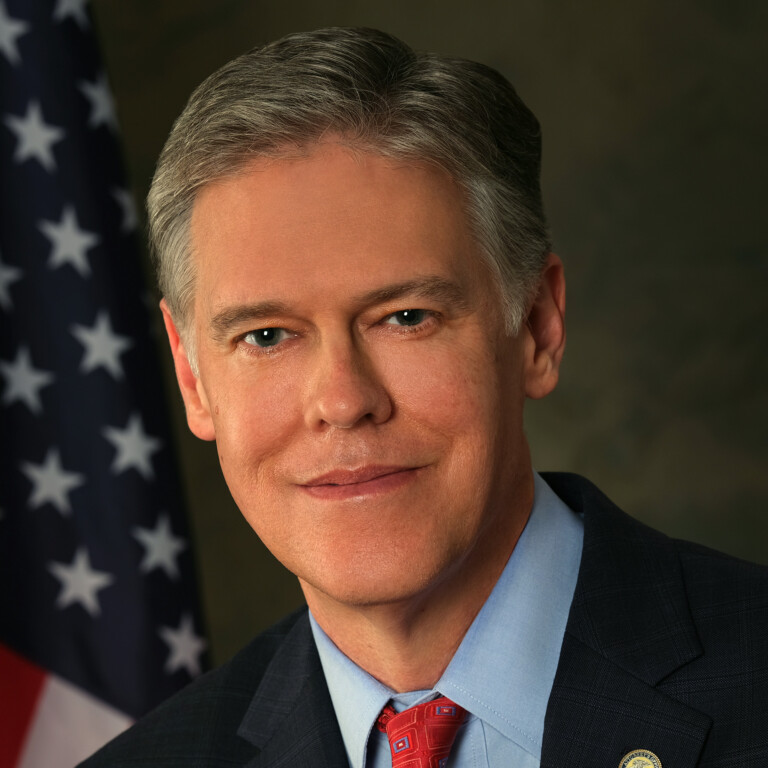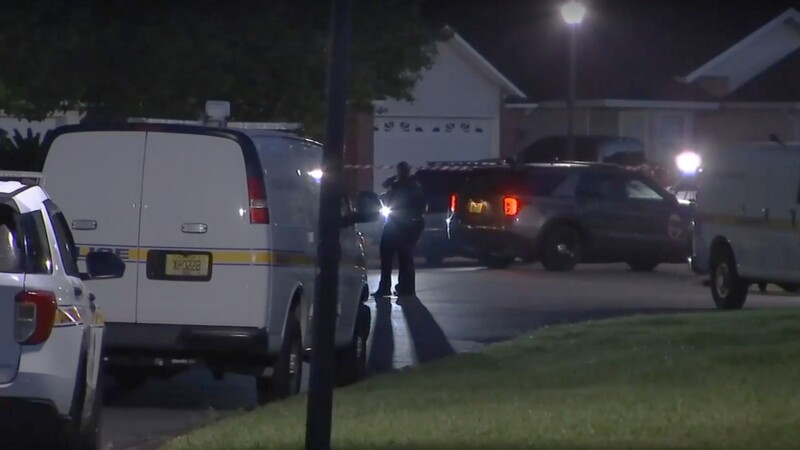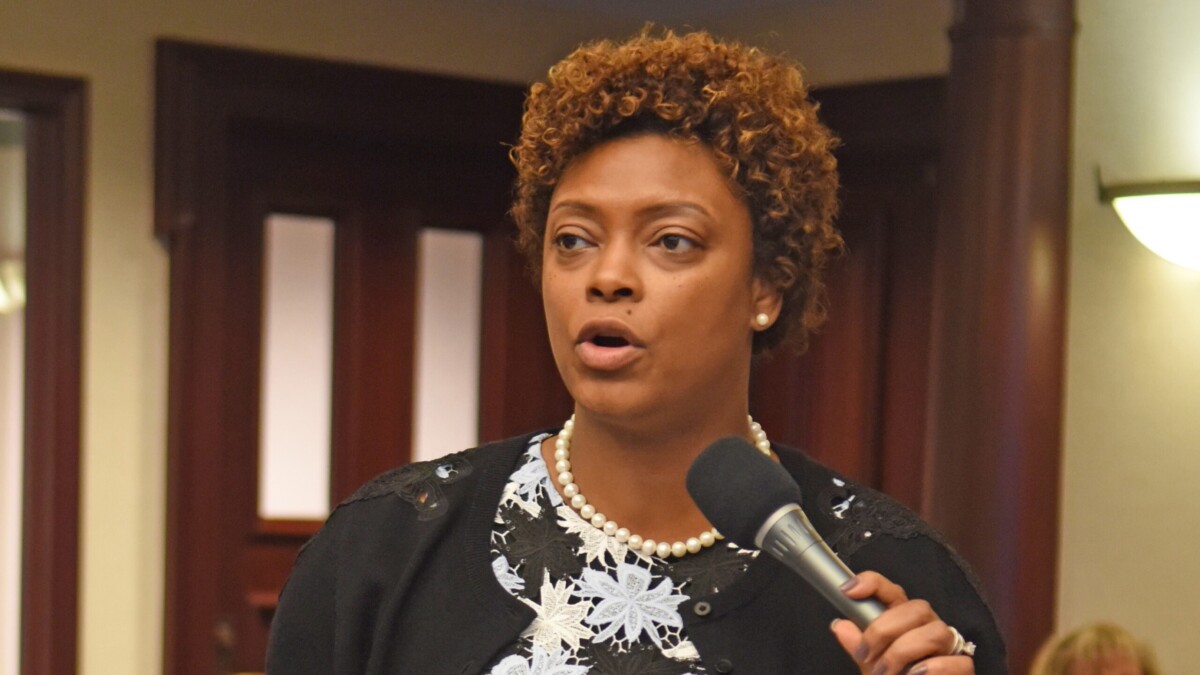Public corruption has a corrosive effect on a community. It undermines faith in the government and our institutions. For those reasons and many others, public corruption cases are a top priority of my office.
During the 2-and-a-half years that I have served as U.S. attorney, my office has prosecuted more than 60 cases against law enforcement officers, military members, teachers, postal employees, and other public officials who have failed in their most basic duty by breaching the trust that our citizens place in them.
We have not done any of these cases alone. Public corruption cases are some of the most difficult to prosecute. To be successful in one of these cases, the members of the investigative team must be diligent, skilled and hard working. They need to review every aspect of a case for possible evidence, and they have to dedicate countless hours in developing the case.
In Jacksonville, my office has prosecuted several cases where we have sought to hold public officials accountable. We obtained the conviction of a state attorney who solicited and received bribes to negotiate favorable dispositions for criminal defendants. We have prosecuted members of law enforcement who have sought to victimize children, and we have convicted two members of a federal task force who are pending sentencing for their role in stealing drugs and money from law enforcement operations.
And we prosecuted the JEA case.
I cannot say enough good things about the incredible work by the investigative agencies on that case. The investigation was thorough, meticulous, and comprehensive. No stone was left unturned in the pursuit of justice.
Over the past 18 months, the JEA case was one of the most significant criminal cases prosecuted in Jacksonville federal court. I want to commend my office’s partners for their extraordinary efforts on that case. State Attorney Melissa Nelson and her office. The city of Jacksonville’s Auditor’s Office. And the Federal Bureau of Investigation. Each of these agencies did exemplary work, with the singular purpose of seeking justice. Justice for the people of Jacksonville, whose trust had been violated.
My office’s federal prosecution of the JEA case reflects our dedication and commitment to this community to combat public corruption. I want to thank federal prosecutors Tysen Duva and Arnold Corsmeier and the other members of the trial team from my office for their great work on that case. They have my sincere gratitude.
It is often said that public service is a public trust. The vast majority of public servants do their jobs with honor. Some, however, do not. My office will not turn a blind eye to such misconduct. Rather, we will work with our law enforcement partners to hold accountable those who violate the very principles that they are sworn to uphold.
Through our prosecutions, we will seek to promote a culture of accountability and integrity. My office is committed to continuing to prioritize the prosecution of public corruption cases in federal court.







